Inflammatory Bowel Disease
What is Inflammatory Bowel Disease?
Inflammatory Bowel Disease (IBD) is a term used to describe long-term (chronic) inflammation of the gastrointestinal (GI) tract. It mainly includes two conditions: Crohn’s disease and ulcerative colitis.
IBD is different from irritable bowel syndrome (IBS), which is a functional disorder and does not cause inflammation or damage to the gut.
IBD is considered an autoimmune condition, which means the body’s immune system mistakenly attacks healthy tissues in the gut, leading to chronic inflammation. There is currently no cure, but many effective treatments exist to manage symptoms and reduce inflammation.
Impact of Inflammatory Bowel Disease on Anatomy and Health
IBD affects the body by causing inflammation in the digestive tract, which can lead to a wide range of problems. Depending on the severity and location, it can affect your gut and general health.
Digestive System Impacts:
- Intestinal inflammation: Leads to swelling, ulcers, and narrowing of the digestive tract.
- Malabsorption: Inflammation can prevent the absorption of nutrients, leading to weight loss and deficiencies.
- Ulcers and fissures: Open sores in the lining of the bowel can be painful and may bleed.
- Bowel obstruction: Thickened walls from inflammation or scar tissue can block the passage of food and waste.
- Fistulas: Abnormal tunnels may form between different parts of the bowel or between the bowel and other organs.
Systemic Health Effects:
- Fatigue: Chronic inflammation and nutritional deficiencies often cause persistent tiredness.
- Weight loss and malnutrition: Due to poor absorption of food and reduced appetite.
- Joint pain: IBD can be associated with arthritis and joint inflammation.
- Skin and eye conditions: Inflammation may affect the skin, eyes, and even the liver.
- Mental health impacts: Many patients experience anxiety and depression due to the unpredictable nature of flare-ups.
Causes and Risk Factors for Inflammatory Bowel Disease
The exact cause of IBD is still not fully understood. Researchers believe it results from genetic predisposition, immune system dysfunction, and environmental triggers.
Key Contributing Factors:
- Immune system malfunction: The immune system wrongly identifies harmless bacteria or even the gut lining as a threat and attacks it, causing inflammation.
- Genetics: Many people with IBD have a family history, and specific genes have been linked to a higher risk.
- Gut microbiome imbalance: Disruptions in the balance of good and bad bacteria in the gut can contribute to inflammation.
- Environmental factors: Exposure to certain viruses, bacteria, or pollutants might trigger the immune response in genetically susceptible people.
- Diet and stress: While they don’t directly cause IBD, they can worsen flare-ups or make symptoms harder to manage.
Symptoms of Inflammatory Bowel Disease
IBD symptoms vary depending on the type of disease (Crohn’s or ulcerative colitis), its location in the digestive tract, and the severity of inflammation. Symptoms can come and go, with periods of flare-ups and remission.
Common Symptoms Include:
- Abdominal pain and cramping: Often persistent and related to bowel movements.
- Chronic diarrhoea: Sometimes with urgency or blood.
- Unexplained weight loss: Due to poor appetite or poor nutrient absorption.
- Fatigue: Can be caused by inflammation, anaemia, or malnutrition.
- Fever: Especially during flare-ups.
- Rectal bleeding: Blood in stools may be visible or detected only by tests.
- Reduced appetite: Often due to nausea, pain, or psychological impact.
- Mouth ulcers: Sometimes seen in people with Crohn’s disease.
- Joint pain or skin rashes: Inflammation can affect other body parts.
Prevention of Inflammatory Bowel Disease
There is currently no guaranteed way to prevent IBD, especially for those with a strong genetic predisposition. However, you can take steps to reduce your risk or prevent flare-ups if you already have the condition.
Helpful Prevention and Management Tips:
- Quit smoking: Smoking worsens Crohn’s disease and may reduce the effectiveness of treatment.
- Eat a balanced, anti-inflammatory diet: Focus on whole foods, fresh fruits and vegetables, lean proteins, and healthy fats. Avoid processed foods, alcohol, and high-sugar items.
- Stay hydrated: Proper hydration supports gut health.
- Manage stress: Stress does not cause IBD, but it can trigger symptoms. Techniques such as mindfulness, relaxation exercises, or therapy may help.
- Avoid unnecessary antibiotics or NSAIDs: These can disrupt gut bacteria and may trigger symptoms in some people.
- Regular monitoring: People with IBD should have regular medical check-ups and screenings, especially for colon cancer if the disease has been present for many years.
- Probiotics and prebiotics: These may help maintain a healthy gut microbiome, though evidence is still evolving.
Types of Inflammatory Bowel Disease
Inflammatory Bowel Disease (IBD) primarily refers to two main types: Crohn’s disease and ulcerative colitis. While both involve chronic digestive tract inflammation, they differ in where and how they affect the gut.
Crohn’s Disease:
- Location: Can affect any part of the gastrointestinal tract from the mouth to the anus.
- Pattern: Inflammation often appears in “patches,” with healthy tissue in between.
- Depth: Can affect all layers of the bowel wall, from inner to outer lining.
- Symptoms: May include abdominal pain (often in the lower right side), diarrhoea, weight loss, fatigue, and sometimes fever. It can also cause complications such as strictures (narrowing), fistulas (abnormal passages), and abscesses.
Ulcerative Colitis:
- Location: Limited to the colon and rectum.
- Pattern: Inflammation usually begins in the rectum and spreads upwards continuously.
- Depth: Affects only the innermost lining of the colon wall.
- Symptoms: Typically includes bloody diarrhoea, urgency to defecate, abdominal cramping (especially in the lower left side), and fatigue.
Microscopic Colitis (less common):
- Includes collagenous colitis and lymphocytic colitis.
- Causes chronic watery diarrhoea.
- Inflammation is only visible under a microscope during the biopsy.
Stages of Inflammatory Bowel Disease
IBD doesn’t always follow a strict or predictable path but often goes through stages or phases. These stages reflect the severity and activity of the disease over time.
Early/Initial Stage:
- Symptoms begin to appear gradually.
- May be mistaken for other common digestive issues like food intolerance or infection.
- Often includes mild abdominal discomfort, irregular bowel movements, or fatigue.
Active/Flare-Up Stage:
- Inflammation becomes more pronounced.
- Symptoms like diarrhoea, pain, and bleeding worsen.
- Flares may be triggered by stress, infections, certain foods, or stopping medication.
Moderate to Severe Stage:
- Symptoms become more intense and persistent.
- Complications such as weight loss, anaemia, joint pain, or skin issues may develop.
- May require hospitalisation or advanced therapies.
Remission Stage:
- Inflammation reduces or disappears.
- Symptoms may go away or become minimal.
- The goal of treatment is to extend remission and prevent flare-ups.
Complication Stage (in some patients):
- If poorly controlled, IBD may lead to complications like bowel obstruction, fistulas, or an increased risk of colon cancer.
- Some people may require surgery if medications no longer work or complications develop.
Diagnosis of Inflammatory Bowel Disease
- Medical History and Symptom Review: Your doctor will ask about bowel habits, abdominal pain, fatigue, weight changes, and family history.
- Physical Examination: To check for inflammation, tenderness, or weight loss signs.
- Blood Tests:
- Markers of inflammation (like CRP or ESR).
- Anaemia or low iron levels may indicate bleeding or poor absorption.
- Nutritional deficiencies, such as low vitamin B12 or D, may be detected.
- Stool Tests:
- To rule out infections.
- Check for inflammation markers like calprotectin or lactoferrin.
- Colonoscopy or Sigmoidoscopy:
- A thin tube with a camera is inserted into the bowel to visually inspect the lining.
- Biopsies (tiny tissue samples) are taken to confirm inflammation and rule out other conditions.
- Imaging Tests:
- CT or MRI scans of the abdomen and pelvis to assess areas deeper in the bowel (especially in Crohn’s disease).
- Capsule endoscopy, where a patient swallows a small camera, may be used to see parts of the small intestine.
Treatment of Inflammatory Bowel Disease
While there is no cure for IBD, many effective treatments help manage inflammation, relieve symptoms, and improve quality of life. The treatment approach depends on the type of IBD, its severity, and the individual’s health status.
Medications:
- Aminosalicylates (5-ASAs): Reduce inflammation, especially in ulcerative colitis.
- Corticosteroids: Used short-term to control moderate to severe flare-ups.
- Immunomodulators: Suppress the immune response to prevent ongoing inflammation.
- Biologics: Target specific parts of the immune system; used for moderate to severe IBD.
- Antibiotics: Sometimes used to treat infections or complications like abscesses in Crohn’s disease.
Nutritional Support:
- Diet plans help reduce symptom triggers and correct deficiencies.
- In some cases, an elemental diet (liquid diet) may be used.
Surgery:
- May be needed if medications are not effective or complications occur.
- In ulcerative colitis, removal of the colon can be curative.
- In Crohn’s disease, surgery may be needed to remove narrowed or damaged sections, though the disease can recur elsewhere.
Lifestyle and Mental Health Support:
- Stress reduction, exercise, counselling, and support groups are essential for managing the emotional and mental challenges of living with IBD.
- Smoking cessation is crucial, especially for people with Crohn’s disease.
Treatment aims to control inflammation, maintain remission, and prevent complications.
What if Inflammatory Bowel Disease is Untreated?
Without treatment, IBD can worsen over time and lead to serious health issues. Inflammation does not usually go away on its own and may cause long-term damage to the digestive tract.
Consequences of Untreated IBD:
- Chronic pain and diarrhoea: Symptoms can become disabling and interfere with daily life.
- Malnutrition and weight loss: Poor nutrient absorption can lead to fatigue, weakness, and stunted growth in children.
- Anaemia: Ongoing blood loss from the bowel may lead to iron-deficiency anaemia.
- Bowel complications: Includes strictures (narrowing), perforations (holes), or fistulas (abnormal connections).
- Increased risk of colon cancer: Especially in long-term ulcerative colitis.
- Delayed growth and development: In children and adolescents.
- Mental health impact: Unmanaged symptoms may contribute to depression, anxiety, or social withdrawal.
Prompt diagnosis and treatment reduce symptoms, lower the risk of complications, and improve long-term health.













